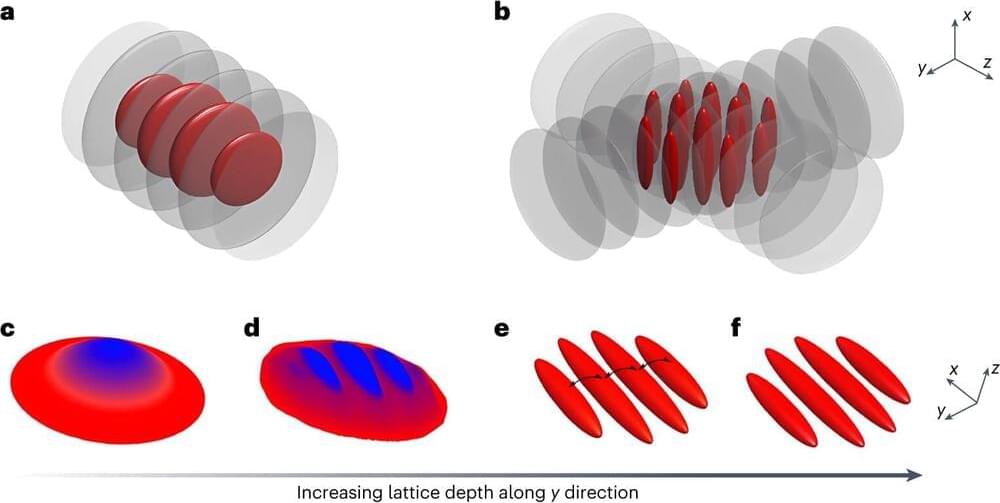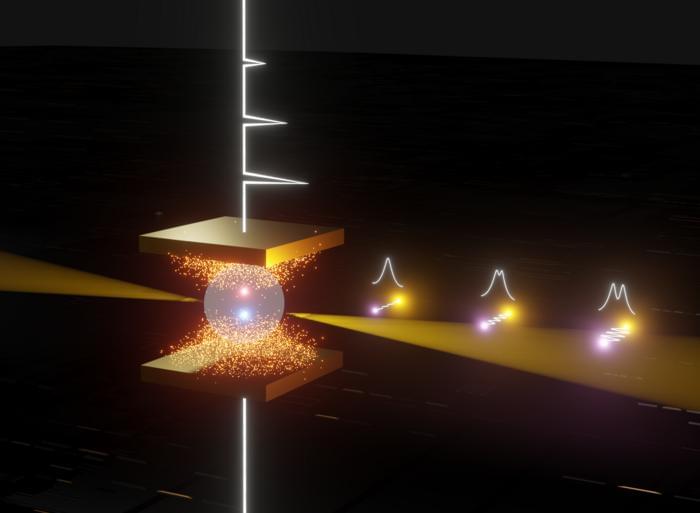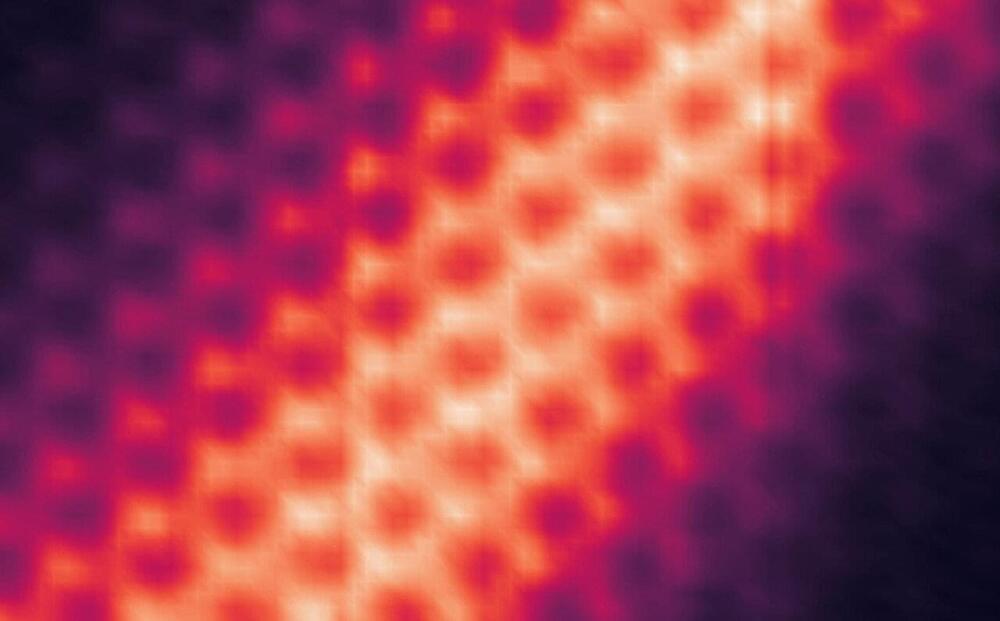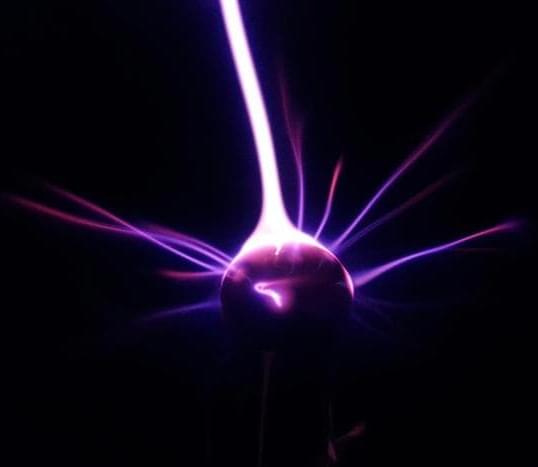The technology can also be used to devise a range of advanced sensors for everyday use and to advance science. Twamley’s lab uses levitating materials to build oscillators, which can be used to develop ultra-sensitive sensors. Making these oscillators work without using external energy sources can make them easier to deploy, and this is what the research team at OIST set out to do. What they faced was a series of challenges.
The device that OIST researchers aimed for was a ‘frictionless’ platform. However, the system would lose energy over time without an external power source. This is known as ‘eddy damping’ since external forces make an oscillating system lose energy.
The other hurdle to overcome would be minimizing the system’s kinetic energy. This is necessary since it can help improve the system’s sensitivity if it were to be used as a sensor. If the kinetic motion can be further cooled to the quantum realm, it could also open up possibilities of more precision measurements.









